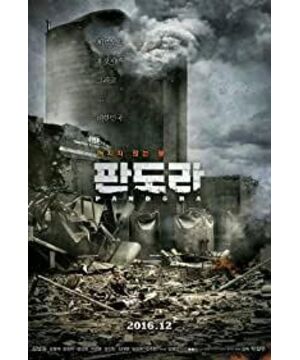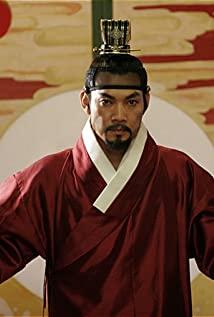In fact, I have never been to Korea, whether it is the famous plastic surgery or the dark x-room scandal, but there is one thing that I am most in awe of, that is, those horror or disaster works show the society. The darkness and ruthlessness of human nature, whether adults, children or animals, may always be accompanied by helplessness, humiliation or a gradual destruction. There is a very abusive section, the male protagonist's live monologue before He's dying, I burst into tears; I cried to my loved ones and said, "Why do I want to die like this, why! What did I do wrong!" There is another section, "Brother, how can I live without you? Don't go in! Don't go in!" This is a group of ordinary people, working for their relatives, feeling the dependence on each other in the family, expeditions for lovers, and feeling the meaning of life in love, when everything happens suddenly, Just like Pandora, how many people choose to sacrifice instead of living, in exchange for the safety of those they love and care about. "Pandora" is also a measure of human nature. The male protagonist knows that the so-called security is a deceitful ghost. He has the heart to remind but no one does anything. The so-called superior, the so-called government, and the so-called president are all mosquitoes on the pillow , is insignificant. At the time of the incident, the new stationmaster could have no idea, the police on the border guards could have nothing to do with it, and the people at the face of disaster became the victims of saving the country. Humanity!
I have seen many Korean disaster films, such as "Skyscraper", "Train to Busan", "Influenza" and "Tunnel". Every frame depicted is both real and sad. In such a society, it seems that only those who suffer can save themselves and even the country. The superior ones enjoy manipulating everything behind the scenes, and the lost people are eager for the government to light up hope for them.
View more about Pandora reviews











